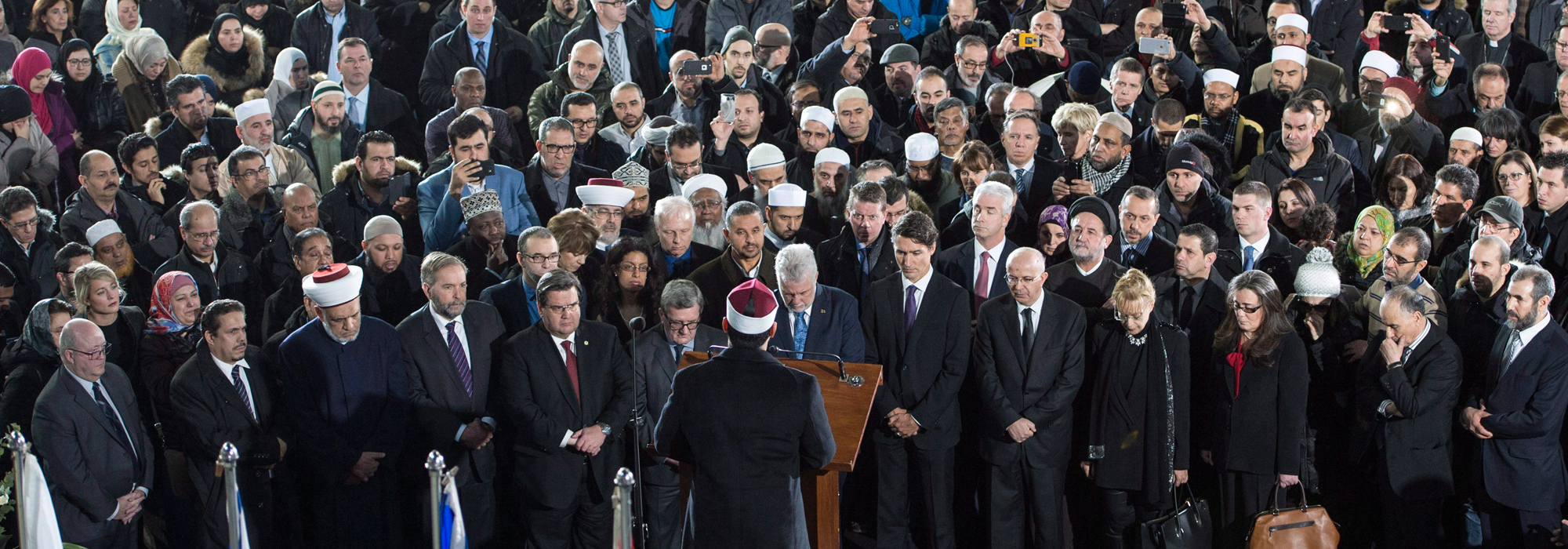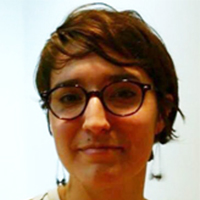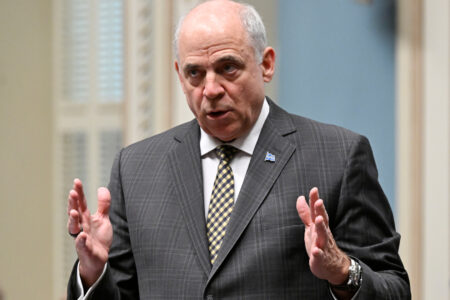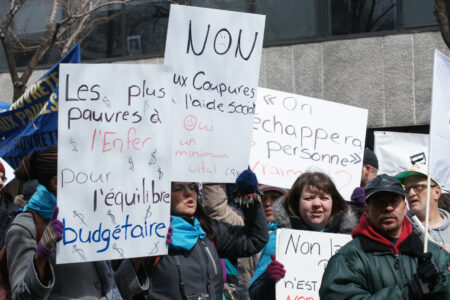
The recent attack on a Quebec City mosque has been attributed by a few commentators to the dangerous amalgamation of ethno-nationalism and xenophobia, that allegedly together constitute Quebec nationalism. For instance, the CBC published an opinion piece written by Amina Moustaqim-Barrette, who blames the attack on violent and racist ethnic nationalism. J.J. McCullough, writing for the Washington Post, raises concerns about the fact that a “disproportionate share of [Canada’s] massacres occur in Quebec,” indicating that many Canadians privately believe that Quebec’s “French-supremacist and assimilation laws” contribute to making the province racist. While we do share concern around the discourse of some of Quebec’s political elites, these arguments are flawed and generally misleading.
Moustaqim-Barrette notes that “Québécois nationalism has always been an ethnic, as opposed to [a] civic, nationalism.” Not only does this argument lack detail but it perpetuates a monolithic and limited understanding of nationalism in Quebec. While ethnic nationalism has indeed been part of Quebec’s history, and thus has penetrated the political sphere at various times, it is erroneous to ignore the variety of nationalisms characterizing Quebec society today. In fact, civic nationalism is the driving argument behind Québec Solidaire’s sovereignty project, which specifically aims to include immigrants to Quebec in its electoral base. Contrary to what the author seems to imply, the Bouchard-Taylor commission on reasonable accommodations was not meant as an ethno-nationalist project. In fact, not only was it mandated by the Quebec Liberal party but it concluded that the crisis regarding reasonable accommodations was one of perception, rather than fact.
Moreover, Moustaqim-Barrette uses the recent Charter of Values debate, pushed by the Parti Québécois, to illustrate the supposed success of ethno-nationalist projects in Quebec. However, the Charter has never been approved in the Assemblée Nationale. In fact, not only did it ignite political divisions throughout Quebec society but Pauline Marois’s PQ government was defeated in the 2014 elections by Philippe Couillard’s Liberal Party. This is not to say that ethnic nationalism has never been part of Quebec’s history or that it is not present in the public sphere, but the portrait depicted by the author is not representative of the range of opinions and political agendas pertaining to that issue.
The reader is left with the impression that systemic racism and violent attacks on minorities are specific to Quebec. On that point, the author gives the example of the difficult relationship between Indigenous peoples and the Québécois nation, thus adding a reference to the Oka crisis. While the Oka crisis is indeed part of Quebec’s dark history, one should bear in mind that tensions between Indigenous peoples and the Canadian State constitute an ongoing reality across provinces. Regarding racism against cultural minorities, the author notes microaggressions on family members. While microaggressions constitute a real issue, not just for religious but also for sexual minorities, once again they do not constitute examples of a Quebec-specific problem. Such types of aggressions have in fact been reported throughout the country. Furthermore, as explained recently by Benjamin Ducol of Montreal’s Centre for the Prevention of Radicalization Leading to Violence, the attack of last Sunday is more symptomatic of a larger trend of far-right extremism across Canada and across the world.
As we try to make sense of Sunday’s attack, we do acknowledge the dangers of ethno-nationalist discourses in the public space, whether perpetrated by radio hosts or by political elites. But attributing the responsibility for this attack to ethno-nationalism alone is a slippery slope that does not allow for nuances and casts a shadow on other explanations of this tragedy, such as the prevalence of populist and racist discourses.
Photo: Prime Minister Justin Trudeau (centre, right to left) Quebec Premier Philippe Couillard, Quebec City Mayor Regis Labeaume and Montreal Mayor Denis Coderre listen to a prayer during a service for three of the six victims of the Quebec City mosque shooting at the Maurice Richard Arena Thursday, February 2, 2017 in Montreal. THE CANADIAN PRESS/Paul Chiasson
Do you have something to say about the article you just read? Be part of the Policy Options discussion, and send in your own submission. Here is a link on how to do it. | Souhaitez-vous réagir à cet article ? Joignez-vous aux débats d’Options politiques et soumettez-nous votre texte en suivant ces directives.








